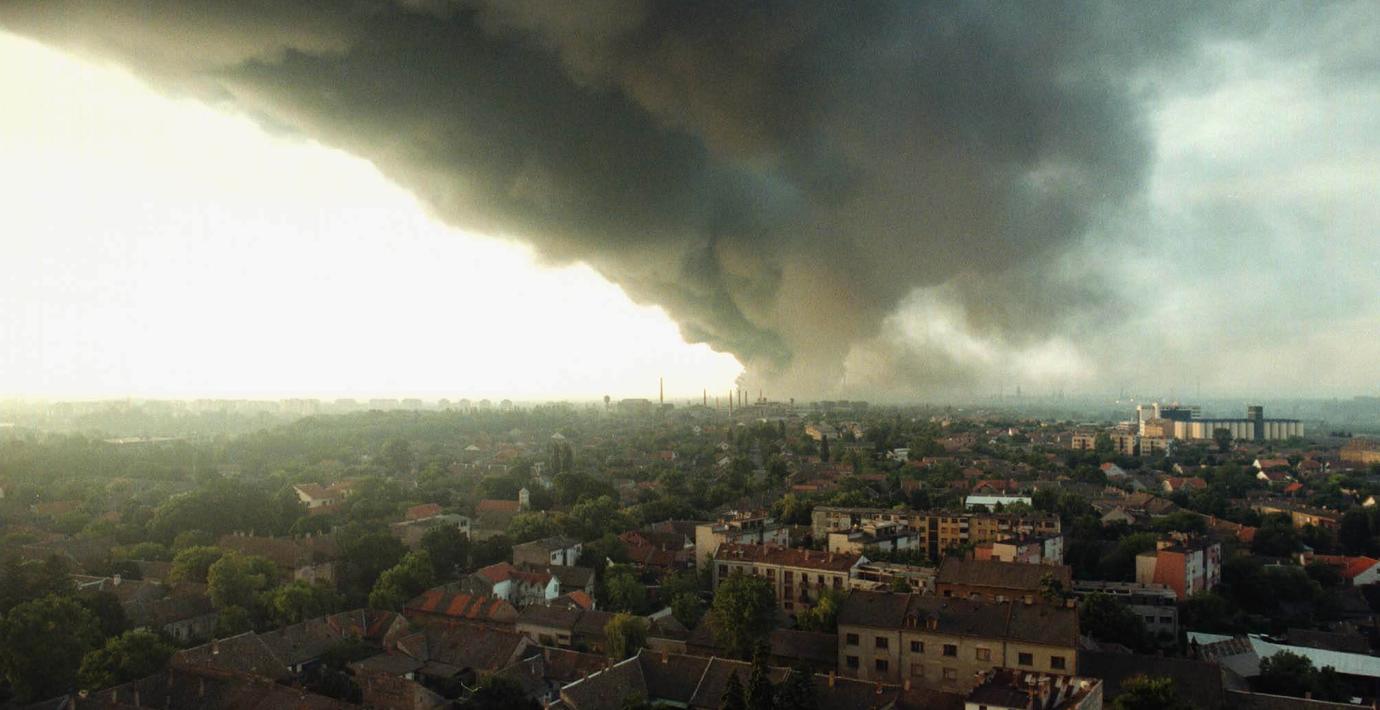bakgrund
Natobombningarna av Jugoslavien
Wikipedia (en)
The North Atlantic Treaty Organization (NATO) carried out an aerial bombing campaign against the Federal Republic of Yugoslavia during the Kosovo War. The air strikes lasted from 24 March 1999 to 10 June 1999. The bombings continued until an agreement was reached that led to the withdrawal of the Yugoslav Army from Kosovo, and the establishment of the United Nations Interim Administration Mission in Kosovo, a UN peacekeeping mission in Kosovo. The official NATO operation code name was Operation Allied Force (Serbian: Савезничка сила / Saveznička sila) whereas the United States called it Operation Noble Anvil (Serbian: Племенити наковањ / Plemeniti nakovanj); in Yugoslavia the operation was incorrectly called Merciful Angel (Serbian: Милосрдни анђео / Milosrdni anđeo), possibly as a result of a misunderstanding or mistranslation.NATO's intervention was prompted by Yugoslavia's bloodshed and ethnic cleansing of Albanians, which drove the Albanians into neighbouring countries and had the potential to destabilize the region. Yugoslavia's actions had already provoked condemnation by international organisations and agencies such as the UN, NATO, and various INGOs. Yugoslavia's refusal to sign the Rambouillet Accords was initially offered as justification for NATO's use of force. NATO countries attempted to gain authorisation from the UN Security Council for military action, but were opposed by China and Russia, who indicated that they would veto such a measure. As a result, NATO launched its campaign without the UN's approval, stating that it was a humanitarian intervention. The UN Charter prohibits the use of force except in the case of a decision by the Security Council under Chapter VII, or self-defence against an armed attack – neither of which were present in this case.By the end of the war, the Yugoslavs had killed 1,500 to 2,131 combatants. 10,317 civilians were killed or missing, with 85% of those being Kosovar Albanian and
some 848,000 were expelled from Kosovo. The NATO bombing killed about 1,000 members of the Yugoslav security forces in addition to between 489 and 528 civilians. It destroyed or damaged bridges, industrial plants, hospitals, schools, cultural monuments, and private businesses, as well as barracks and military installations. In the days after the Yugoslav army withdrew, over 164,000 Serbs and 24,000 Roma left Kosovo. Many of the remaining non-Albanian civilians (as well as Albanians perceived as collaborators) were victims of abuse which included beatings, abductions, and murders. After Kosovo and other Yugoslav Wars, Serbia became home to the highest number of refugees and IDPs (including Kosovo Serbs) in Europe.The bombing was NATO's second major combat operation, following the 1995 bombing campaign in Bosnia and Herzegovina. It was the first time that NATO had used military force without the expressed endorsement of the UN Security Council and thus, international legal approval, which triggered debates over the legitimacy of the intervention.
